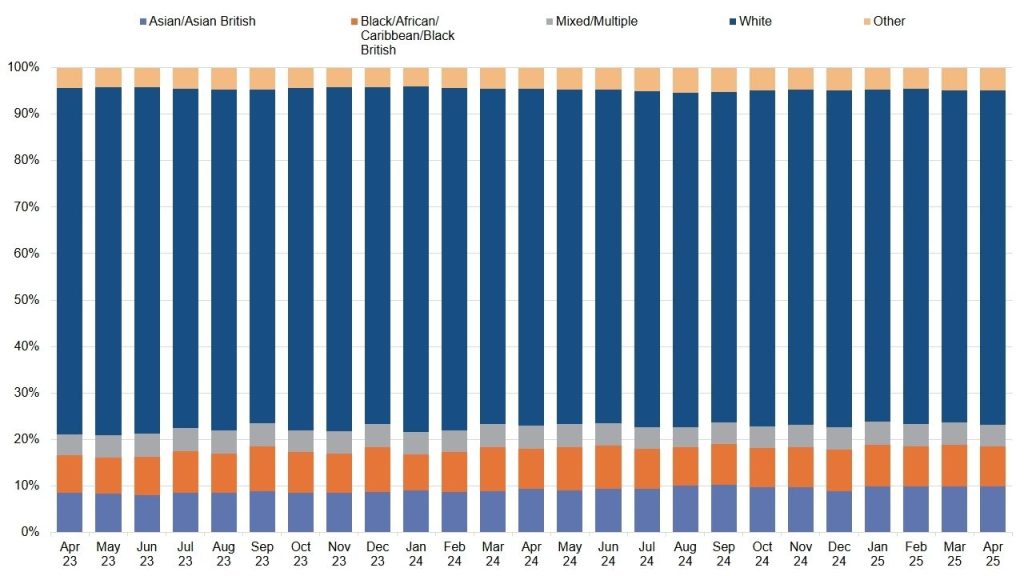A cross-party committee of MPs has warned the government that its use of Universal Credit sanctions is counterproductive, creating a “climate of fear” that damages trust between claimants and work coaches. The Work and Pensions Committee report, published recently, argues that the current regime often hinders rather than helps people into work, urging the Department for Work and Pensions (DWP) to implement urgent reforms.

MPs Warn DWP That Universal Credit Sanctions
| Key Finding | Details |
| Damaged Trust | The threat of financial sanctions undermines the supportive role of work coaches, making claimants less likely to share challenges. |
| Counterproductive Outcomes | Sanctions can push people into destitution and debt, creating new barriers to employment rather than solving them. |
| Call for Reform | The committee recommends a comprehensive review of the sanctions regime, focusing on communication and claimant support. |
Committee Finds Sanctions Weaken Jobcentre Support
The Work and Pensions Committee concluded that the threat of benefit deductions is actively damaging the effectiveness of Jobcentre support. In its report, the committee stated that the relationship between a work coach and a claimant is crucial for helping people overcome barriers to employment. However, the current emphasis on rules and punishments forces work coaches into the role of enforcers, which erodes the trust needed for them to provide effective, tailored guidance.
Sir Stephen Timms, the Labour MP who chairs the committee, said the approach was self-defeating. “Sanctions are not working as the Government intends,” he stated in the report’s foreword. “They are more likely to force people into debt and out of the positive relationship they need with their work coach to get back on their feet.” The committee heard evidence that instead of encouraging engagement, the fear of sanctions makes claimants anxious and less willing to report circumstances that could affect their job search, such as health issues or childcare problems.

The Human Cost of Universal Credit Sanctions
The report highlighted the severe financial hardship that Universal Credit sanctions can cause. When a sanction is applied, a claimant’s standard allowance can be reduced or stopped completely for a set period. For those already on low incomes, this loss can be catastrophic, leading to rent arrears, debt, and an increased reliance on food banks.
Charities such as the Trussell Trust and Citizens Advice provided evidence to the committee showing a direct link between sanctions and destitution. They argue that the policy fails to account for the complex realities of people’s lives, such as fluctuating health conditions, caring responsibilities, or digital exclusion, which can make it difficult to meet the strict conditions of their claimant commitment.
What is the Sanction Regime?
A sanction is a penalty imposed by the DWP when a claimant is deemed to have failed, without good reason, to do something they agreed to in their ‘Claimant Commitment’. This can include missing a Jobcentre appointment or not applying for a certain number of jobs. The length and severity of the sanction depend on the level of the failure and whether it is a repeated occurrence. The committee found that communication about why a sanction has been applied is often poor, leaving claimants confused and unable to challenge decisions effectively.
DWP Defends Sanctions as a Necessary Tool
The Department for Work and Pensions (DWP) has consistently defended its use of sanctions, arguing they are a necessary incentive to ensure claimants actively seek employment. In response to the committee’s findings, a government spokesperson stated that sanctions are only used when claimants fail to meet their agreed-upon commitments without good reason.
“Our priority is to help people move into and progress in work, and the latest figures show that unemployment is down and more people are in employment,” the spokesperson said, according to a recent press release. The DWP maintains that its policies are working and that work coaches are given discretion to support claimants on a case-by-case basis. The department insists that a robust system of safeguards is in place to protect vulnerable claimants.
Recommendations for a ‘More Human’ System
The Work and Pensions Committee has put forward several key recommendations for reform. It calls on the DWP to undertake an independent review of the effectiveness of sanctions and to trial alternative approaches that focus on positive engagement rather than punishment. The MPs also urged the government to improve communication with claimants and ensure work coaches have the flexibility and training to make decisions that reflect individual circumstances.
The report concludes by stating that a reformed system is essential for the government to achieve its goals of boosting employment. The committee will expect a formal response from the government outlining how it plans to address the concerns raised. This ongoing debate will determine the future of welfare conditionality and Jobcentre support in the United Kingdom.
DWP Confirms £628 Monthly Payment for One Group – Check If You Qualify
Six Million UK Households to Receive Cost-of-Living Payments Starting October
Tired of Tax Season Stress? UK Users Say This 2025 Software Is a Total Game-Changer
FAQs
1. What is a Universal Credit sanction?
A Universal Credit sanction is a financial penalty applied by the DWP when a benefit claimant does not meet the conditions of their claim, known as a ‘Claimant Commitment’, without a valid reason. This results in a temporary reduction or complete stop of their benefit payments.
2. Why are sanctions applied?
Sanctions can be applied for various reasons, such as failing to attend a meeting at the Jobcentre, not providing requested evidence, or not undertaking sufficient activities to find work.
3. How can someone challenge a sanction?
A claimant has the right to ask the DWP to reconsider its decision, a process known as ‘mandatory reconsideration’. If they are still unhappy with the outcome, they can then appeal to an independent tribunal.





